Key Takeaways
- Zhuangzi offers a transformative perspective on life, emphasizing the flow of life over rigid pursuits.
- His teachings include Wu-Wei (non-action), mental freedom, and acceptance, promoting harmony and well-being.
- Embracing Zhuangzi’s philosophy leads to reduced stress, improved mental clarity, and greater emotional resilience.
- His metaphysical insights challenge the concept of a separate self, highlighting interconnectedness and impermanence.
- Practical steps to embody Zhuangzi’s teachings include cultivating mindfulness, embracing acceptance, and taking spontaneous action, thereby fostering a fulfilling life.
Estimated reading time:19 minutes
Table of contents
- 🔑Unlocking the Ultimate: Zhuangzi’s 3 Pillars of Holistic Harmony and Metaphysical Well-being
- 🌊Embracing the Flow: The Essence of Zhuangzi’s Teachings
- 🌱The Holistic Benefits of Flow
- 🦋Metaphysical Implications: Seeing a Deeper Reality
- 👣Practical Steps to Cultivate Flow in Your Life
- 🚧Overcoming Obstacles to Flow
- ☯️The Ultimate Goal: Embodying the Tao
- 💫Conclusion: From Theory to a Transformed Reality
- 🚀Your Call to Action: Begin Your 30-Day Journey to Flow
- 📚Recommend Reads & Resources
🔑Unlocking the Ultimate: Zhuangzi’s 3 Pillars of Holistic Harmony and Metaphysical Well-being

Are you caught in the relentless pursuit of external goals, only to find fleeting satisfaction? Are you running on the hamster wheel of achievement, where every milestone is just the starting line for the next race? What if the key to lasting fulfillment lies not in striving but in surrendering? The ancient Chinese philosopher Zhuangzi offers a radical perspective. He invites us to embrace the flow of life, free our minds from rigid attachments, and find a sense of centeredness in the present moment. This isn’t just about changing your thoughts; it’s about changing how you inhabit your body and move through the world. It’s the difference between the rigid posture of someone bracing for impact and the fluid grace of a dancer responding to music.
In this exploration of Zhuangzi’s wisdom, we’ll delve into the holistic and metaphysical dimensions of his teachings, uncovering a path to a more harmonious and fulfilling existence. By understanding and applying these principles, you can navigate life’s challenges with greater ease, tap into your inner wisdom, and experience a profound sense of well-being.
🌊Embracing the Flow: The Essence of Zhuangzi’s Teachings

Zhuangzi, a prominent figure in Taoism, advocated for a life in alignment with the Tao, the fundamental principle of the universe. Think of the Tao not as a static destination or a set of rules, but as the unceasing, spontaneous, and unnamable process of reality itself—like a vast, flowing river. Imagine yourself in that river. You can thrash and struggle, trying to force your way upstream, exhausting yourself in the process. Or you can turn, float, and let the current carry you, using a gentle hand to navigate around rocks. The river is going to flow regardless. The Tao is like that. It is the “is-ness” of life, and our suffering often comes not from the river itself, but from our futile fight against it.
His teachings are not about becoming something new, but about unlearning the habits that block us from this natural current. They emphasize:
- Wu-Wei (Non-Action): This isn’t passivity but rather aligned, effortless action. It’s the grace of a skilled sailor who harnesses the wind and currents not by fighting them, but by understanding and moving with them.
- Mental Freedom: Releasing the mind’s rigid attachments to outcomes and expectations allows for greater adaptability, creativity, and peace. It’s a return to the “uncarved block”—our original state of pure potential. Think of the “uncarved block” as your original, factory settings. It’s the pure potential you had as a child, full of wonder and free from rigid judgments. Society, education, and our own ambitions are the carving tools that shape us, often into something useful but limited. Zhuangzi’s path is one of returning to that original wholeness, not by becoming ignorant, but by seeing beyond the carvings of “success,” “failure,” “right,” and “wrong.”
- Acceptance: Embracing the present moment, exactly as it is, cultivates a deep and unshakable sense of centeredness.
🌱The Holistic Benefits of Flow
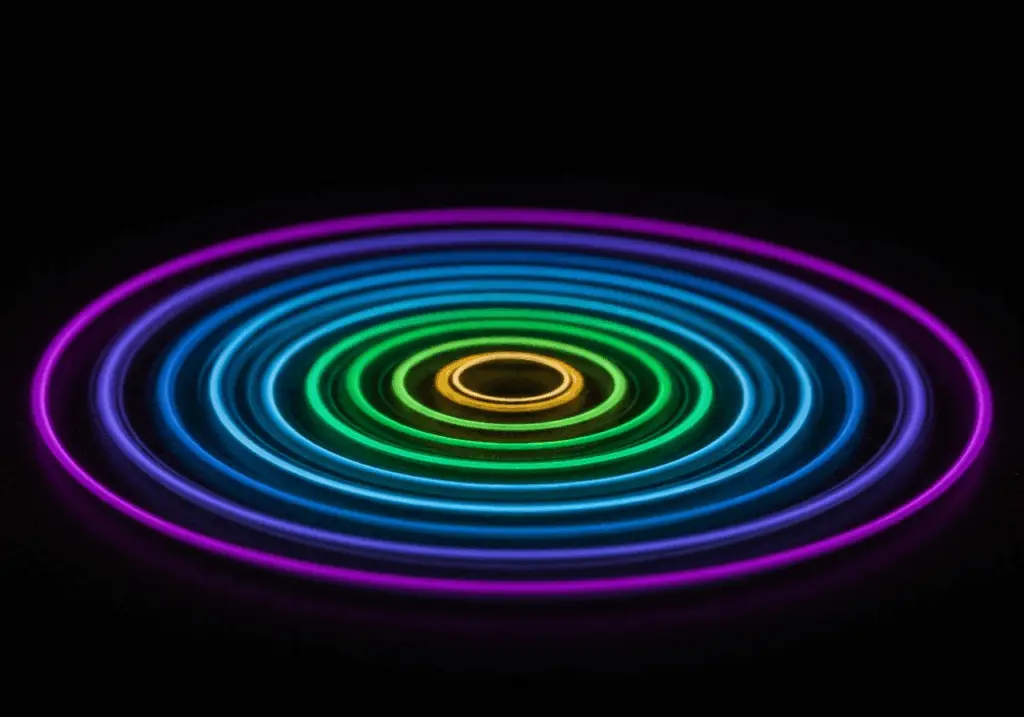
Integrating Zhuangzi’s philosophy into your life can yield profound benefits that ripple through your entire being—mind, body, and spirit:
- Reduced Stress and Anxiety: Letting go of resistance and accepting what is, lessens the mental and physical burden of worry. You can feel this physically—an unclenched jaw, a loosening in the shoulders, the quiet hum of a nervous system at rest.
- Enhanced Mental Clarity: A mind free from the clutter of rigid judgments is more open, flexible, and receptive to intuitive insights and creative solutions.
- Greater Emotional Resilience: When you stop labeling emotions as “bad” (such as anxiety or sadness) and resist the urge to eliminate them, you rob them of their power. You can simply observe them as weather patterns passing through the vast sky of your awareness. The sky isn’t damaged by a storm; it simply holds it. By accepting the full spectrum of emotions without judgment, you cultivate a stable equanimity that remains unshaken by life’s inevitable fluctuations.
- Improved Physical Health: The mind and body are inseparable. Studies consistently show a link between stress reduction and improved sleep, lower blood pressure, and a stronger immune system.
- A Sense of Belonging and Purpose: By aligning with the Tao, the feeling of being a small, isolated self battling a hostile world dissolves. It is replaced by a profound sense of being an integral part of a vast, intelligent, and mysterious unfolding. This connection is the ultimate antidote to modern loneliness and alienation.
🦋Metaphysical Implications: Seeing a Deeper Reality
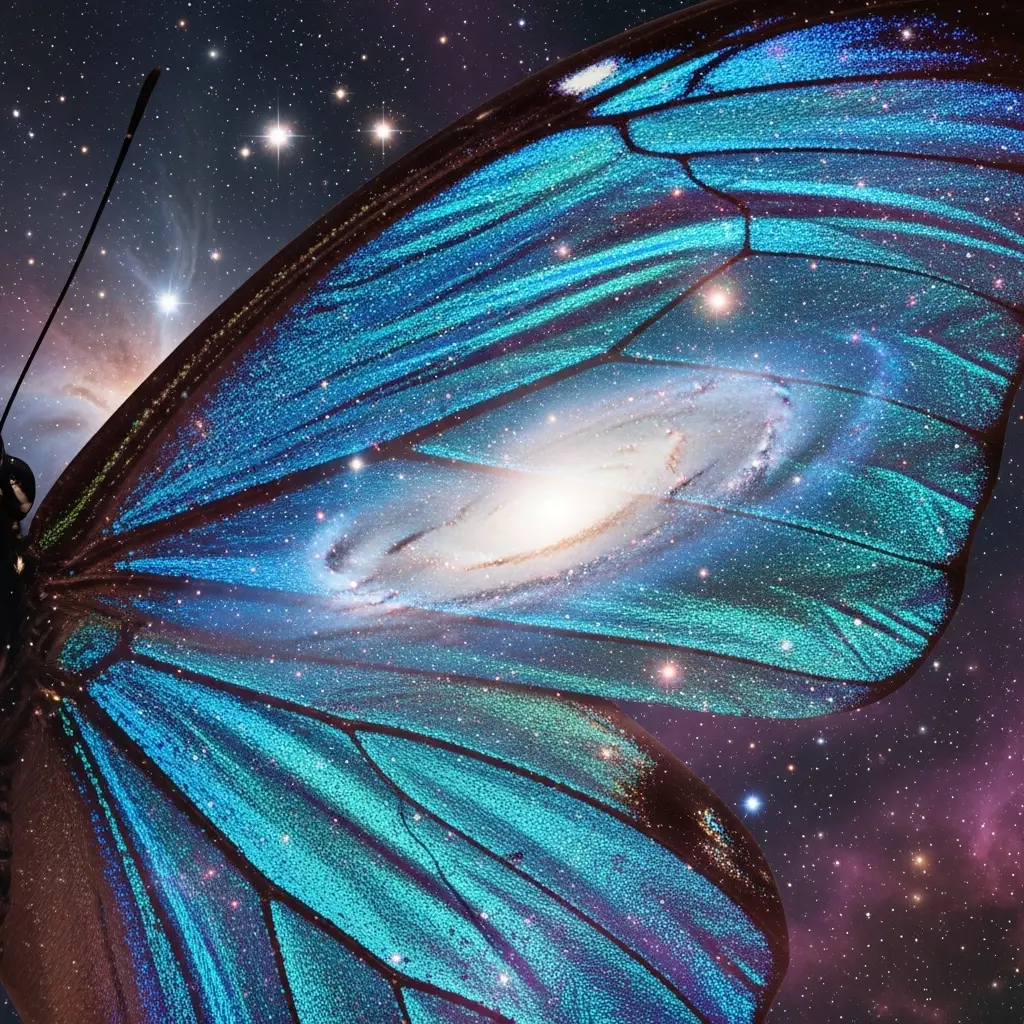
Zhuangzi’s teachings are more than self-help; they offer a profound shift in how we perceive reality and our place within it. These concepts go deeper than they first appear, inviting us to question the very foundation of our experience.
- Interconnectedness & The Fictional Self: We are not separate from the world but are integral expressions of a larger whole. This goes further than you might think: Zhuangzi suggests that the solid, separate “I” we work so hard to defend is a cognitive illusion. His famous Butterfly Dream illustrates this perfectly: He dreamt he was a butterfly, flitting about happily, and upon waking, he didn’t know if he was Zhuangzi who had just dreamt he was a butterfly, or a butterfly now dreaming he was Zhuangzi. This isn’t just a quaint story; it’s a direct invitation. What if the voice in your head, the one you call “me,” is not the real you? What if your thoughts, feelings, and even your identity are more like clouds passing through the sky of consciousness? When you stop identifying with every cloud, you realize you are the sky. This realization is profoundly liberating. There is no fragile ego left to defend, only a vast, open awareness.
- Impermanence as the Great Transformation (Wù Huà): Recognizing the constant flux of life is about more than just “embracing change.” It’s understanding that all things are in a constant state of transforming into one another. A fallen log transforms into mushrooms, which are eaten by a deer, and the deer becomes part of the forest. We see this Great Transformation everywhere, not just in life and death. The “failure” of a project transforms into a lesson of wisdom. The end of a relationship transforms into an opportunity for self-discovery. The person you were ten years ago has transformed into the person you are now. By seeing life not as a series of static events, but as a constant, fluid transformation, our fear of endings—of jobs, relationships, and life itself—begins to soften. We are not a noun; we are a verb. We are in the process of becoming. From this perspective, life and death are not opposites but phases of a single, continuous, cosmic process. Zhuangzi famously responded to his wife’s death by drumming on a bowl, not from callousness, but from a profound understanding that she hadn’t ended, but had simply moved on to the next phase of the Great Transformation.
- Non-Duality & The Useless Tree: The distinctions our minds make between good/evil, success/failure, and useful/useless are ultimately illusory and based on a limited perspective. Consider Zhuangzi’s parable of the “Useless Tree.” A gnarled, twisted tree was deemed useless by a carpenter, as its wood couldn’t be used for lumber. Yet, its very “uselessness” was its salvation, allowing it to grow old and vast, providing shelter and shade for generations. In a world obsessed with productivity and quantifiable value, the Useless Tree is a radical symbol of rebellion. It asks us: What is the “use” of watching a sunset? Of a deep belly laugh? By finding the “Axis of the Tao”—the calm center from which all opposites are seen as a unified whole—we free ourselves from the tyranny of our own judgments. What parts of you have you judged as ‘useless’ that might actually be your greatest strength?
👣Practical Steps to Cultivate Flow in Your Life
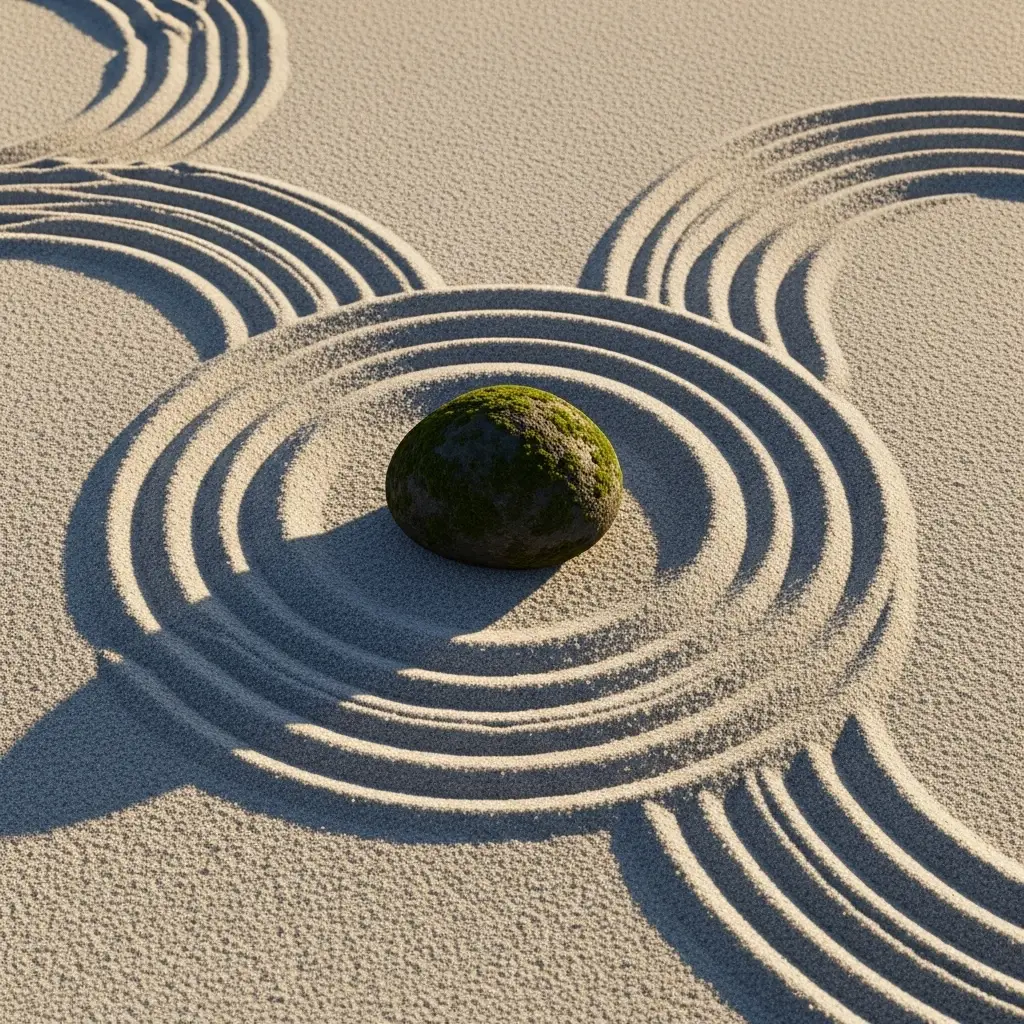
Here’s how to begin incorporating these profound ideas into your daily lived experience.
- Mindfulness Practice: Cultivate present-moment awareness without judgment.
- Acceptance: Embrace all experiences, both pleasant and unpleasant, as part of life’s rich tapestry.
- Release Control: Let go of the need to manage every outcome and begin to trust in the inherent wisdom of the process.
- Spontaneous Action: Respond authentically to each situation without the paralysis of overthinking.
To go deeper, consider how this philosophy engages your whole being:
- Trust the Body’s Wisdom (Wu-Wei): Think of the master butcher, Cook Ding, who could carve an ox for nineteen years with the same knife because it never dulled. He didn’t hack at joints; his mind was empty, and he followed the natural contours, sensing the empty spaces. This is embodied flow. You’ve experienced this. It’s when you’re driving a familiar route and arrive without thinking about it. It’s the effortless flow of chopping vegetables when you’re not rushing. The next time you perform a routine task—washing dishes, folding laundry, walking—try to ’empty your mind’ and let your body lead. Feel the rhythm. Sense the path of least resistance. This turns any action into a form of meditation.
- Empty the Mind’s Palace (Fasting of the Mind): Zhuangzi speaks of “fasting the mind”—a process of emptying it of preconceived notions, plans, and ego-driven intentions until it becomes a hollow, receptive vessel. This is how you move from merely thinking to genuine knowing. By quieting the inner chatter, you create space for intuition and true wisdom to emerge.
- Embrace the Spirit’s Playfulness (Ziran): The ultimate state is not one of grim seriousness, but of childlike spontaneity, or Ziran (“of-itself-ness”). It is the spirit of a cloud drifting, a wild deer leaping, or a river flowing—acting in perfect, unselfconscious harmony with its own nature. Ziran is the opposite of performative living. In a world of social media profiles and personal branding, we are constantly curating an idea of ourselves. Ziran is the courage to be un-curated. It’s the freedom to be awkward, to not know the answer, to try something and fail, and to laugh at yourself. It’s about unlearning the social conditioning that makes us rigid and recovering the part of ourselves that can play without purpose.
🚧Overcoming Obstacles to Flow
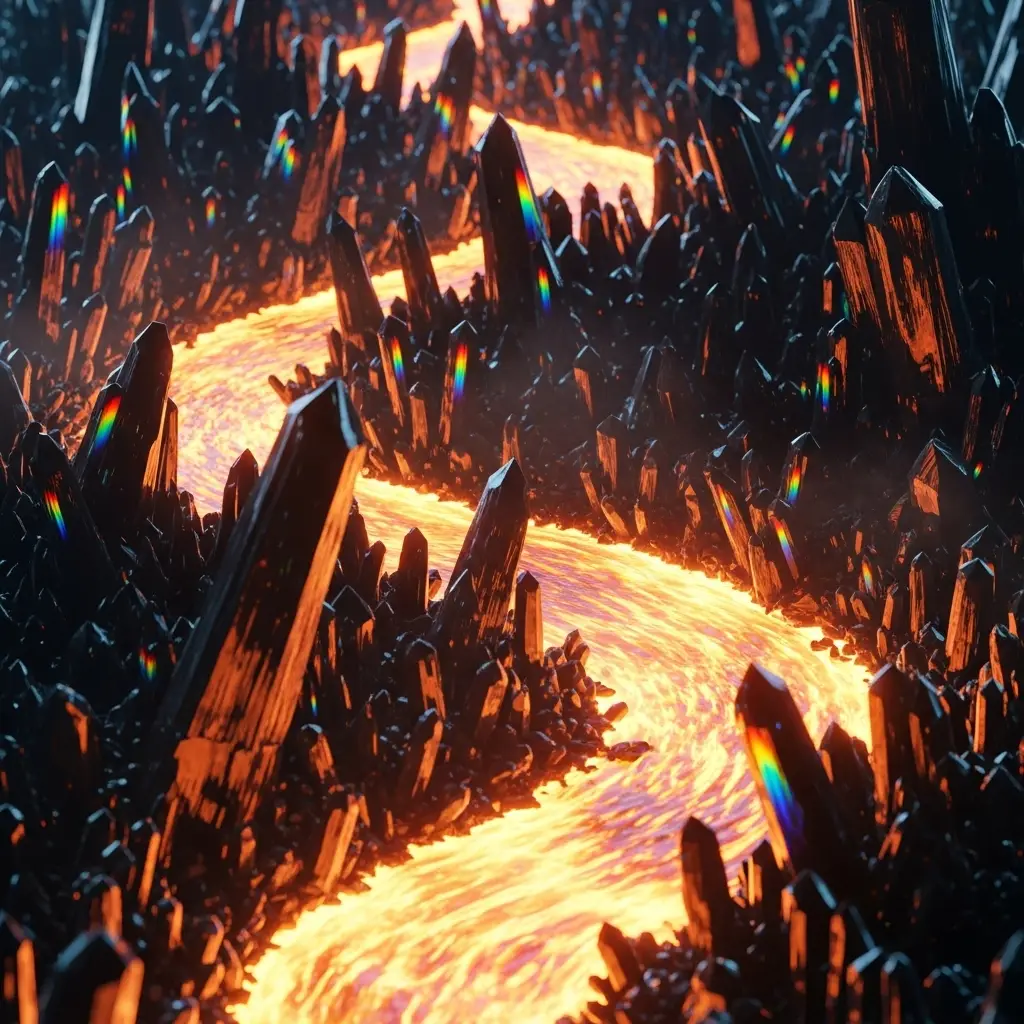
Embracing flow isn’t always easy in a world that prizes control. Common obstacles include:
- Fear and Anxiety: Fear of the unknown or of losing control can make it terrifying to let go.
- Attachment: Clinging to specific outcomes, identities, or ideas creates immense resistance to the natural current of change.
- Self-Judgment: Harsh self-criticism is the ultimate flow-blocker, shutting down our access to natural, intuitive wisdom.
By gently recognizing and acknowledging these obstacles without fighting them, you can create a more conducive inner environment for flow to arise.
☯️The Ultimate Goal: Embodying the Tao
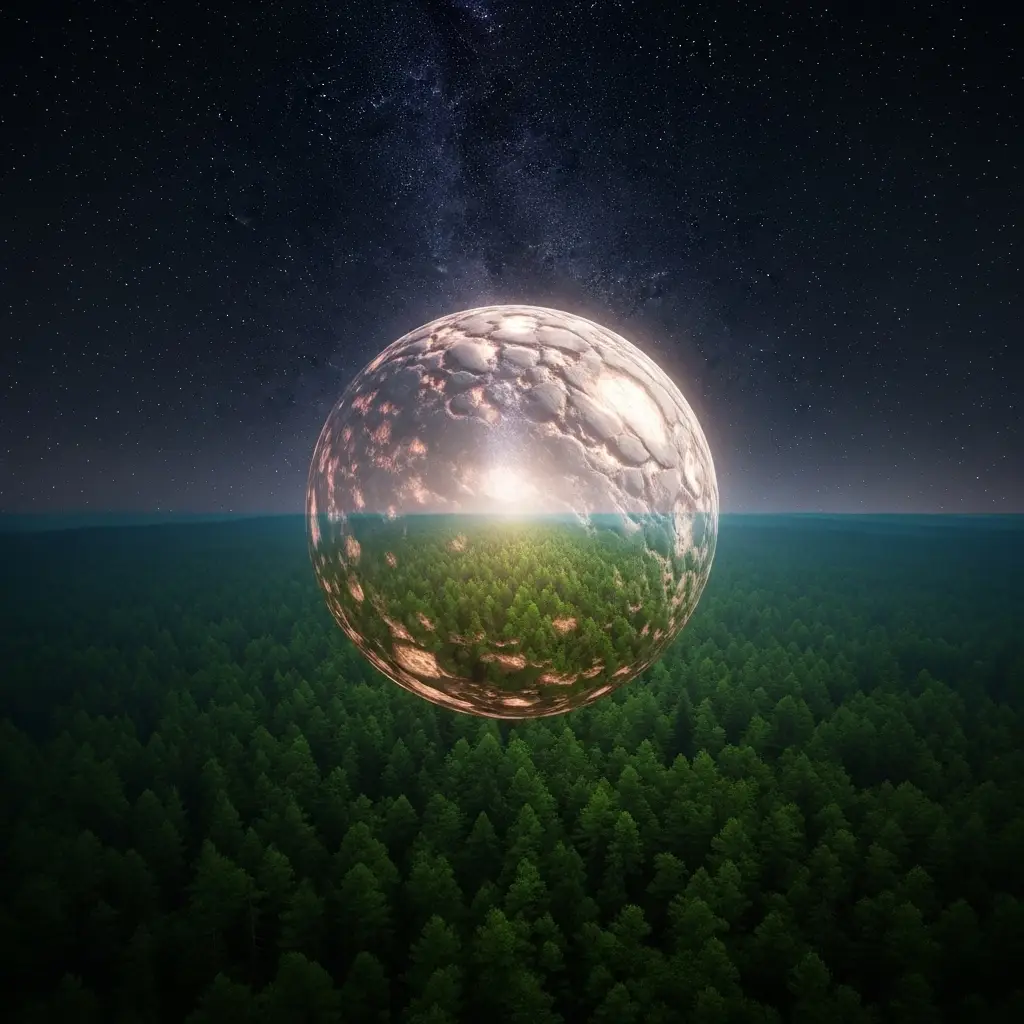
Zhuangzi believed that aligning with the Tao leads to the “ultimate” state of being, characterized by:
- Harmony with Nature: Living in balance and kinship with the natural world.
- Embracing Change: Joyfully accepting impermanence as the vibrant pulse of existence.
- Inner Peace and Wisdom: Cultivating a deep sense of tranquility and insight that is not dependent on external conditions.
- Spontaneous Authenticity (Ziran): Acting from a place of genuine, effortless alignment with your true nature and the Tao.
By embodying these qualities, you can lead a more fulfilling, authentic, and meaningful life.
💫Conclusion: From Theory to a Transformed Reality
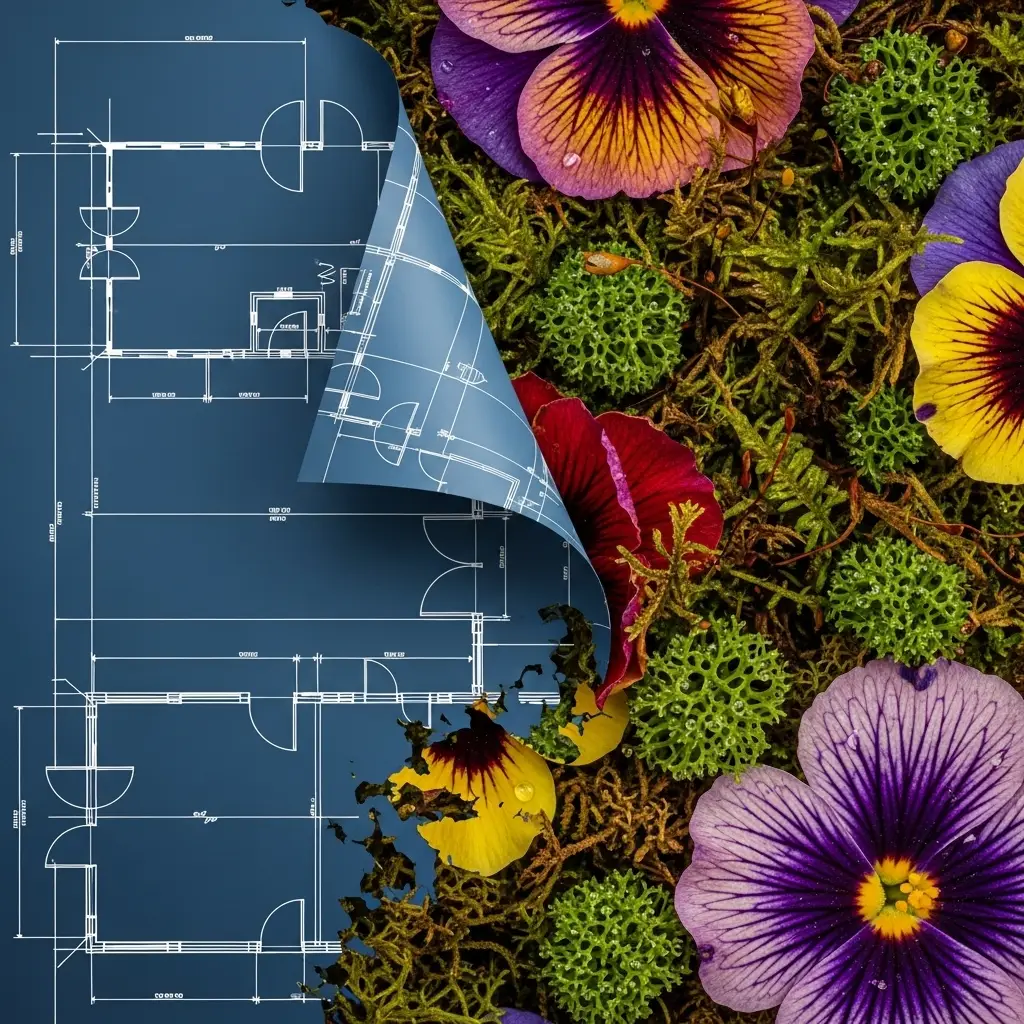
Zhuangzi’s wisdom is not an abstract philosophy to be admired from a distance; it is a practical blueprint for living a life of profound peace and authentic power. The journey he describes is a fundamental shift from fighting the currents of life to skillfully navigating them. By embracing flow, freeing the mind, and accepting the present moment, we move beyond the exhausting cycle of resistance and control. The “ultimate” is not a distant peak to be conquered but a state of harmonious being that is accessible to you right now. It is the relief of letting go, the clarity of an uncluttered mind, and the deep, unshakable centeredness that comes from aligning with the Tao.
🚀Your Call to Action: Begin Your 30-Day Journey to Flow

Reading about the Tao is one thing; embodying it is another. True transformation requires practice. Commit to the following actionable steps for the next 30 days to stop chasing fulfillment and start living it. Use a journal not for strict accountability, but for gentle observation and curious awareness.
Week 1: Cultivate Stillness (The Anchor)
- Your Task: Dedicate 5-10 minutes every single morning to a simple mindfulness practice. Before checking your phone or starting your day, sit quietly and focus only on the sensation of your breath. When your mind wanders (and it will), gently and kindly guide it back without judgment.
- Gentle Observation: In your journal, jot down one feeling or observation without judgment. For example: “Felt very fidgety today, and that’s okay,” or “My mind was busy, but the practice was returning to my breath 10 times.” This isn’t about achieving a blank mind; it’s about the gentle practice of returning to the present moment.
Week 2: Practice Active Acceptance (The Release)
- Your Task: Each day, identify one thing you are resisting—traffic, a colleague’s behavior, a change in plans, or even an internal feeling like anxiety. Consciously say to yourself, “This is as it is right now,” and actively release your mental and physical grip on it. Observe the sensation of letting go.
- Gentle Observation: At the end of each day, log your “Acceptance Moment.” Write down the situation and how it felt to intentionally surrender. What did you notice in your body when you stopped resisting? A softer belly? A deeper breath?
Week 3: Embrace Spontaneous Action (The Flow)
- Your Task: Find one opportunity each day to trust your intuition and act spontaneously, without overthinking. This could be taking a different route on a walk, trying a new recipe without measuring perfectly, or giving a direct, heartfelt answer in a conversation instead of a calculated one. Trust the wisdom of your body.
- Gentle Observation: Note your “Spontaneous Action” in your journal. What happened when you trusted the moment instead of the plan? Did it create a little anxiety, or a surprising sense of freedom?
Week 4: Recognize Non-Duality (The Expansion)
- Your Task: Challenge Your Rigid Labels. When you experience something you label “bad” (a mistake), find the “good” in it (a lesson learned). When something “good” happens, acknowledge its impermanent nature without clinging to it. Also, challenge the label of “wasted time.” Intentionally spend 15 minutes doing something “useless,” like the Useless Tree—watching clouds, listening to sounds, or just sitting.
- Gentle Observation: Create two columns in your journal: “Experience” and “Hidden Aspect.” Document a few experiences this week, exploring the interconnectedness of what you previously saw as separate. What gift did “wasted time” give you today? What did you notice in the world or in yourself when you weren’t trying to be productive?
This is your path. It is not about perfection but about practice. The ultimate state of well-being Zhuangzi describes is waiting within the currents of your own life. Stop fighting the river. Pick up your oar, feel the direction of the water, and begin to flow. Your journey starts now.
“Our actions and decisions today will shape how we will live. And so it is.”
If my words made you pause, smile, or think, Buy Me a Coffee. It helps fuel my thinking and keeps my dream alive, one word at a time. 🍵
📚Recommend Reads & Resources
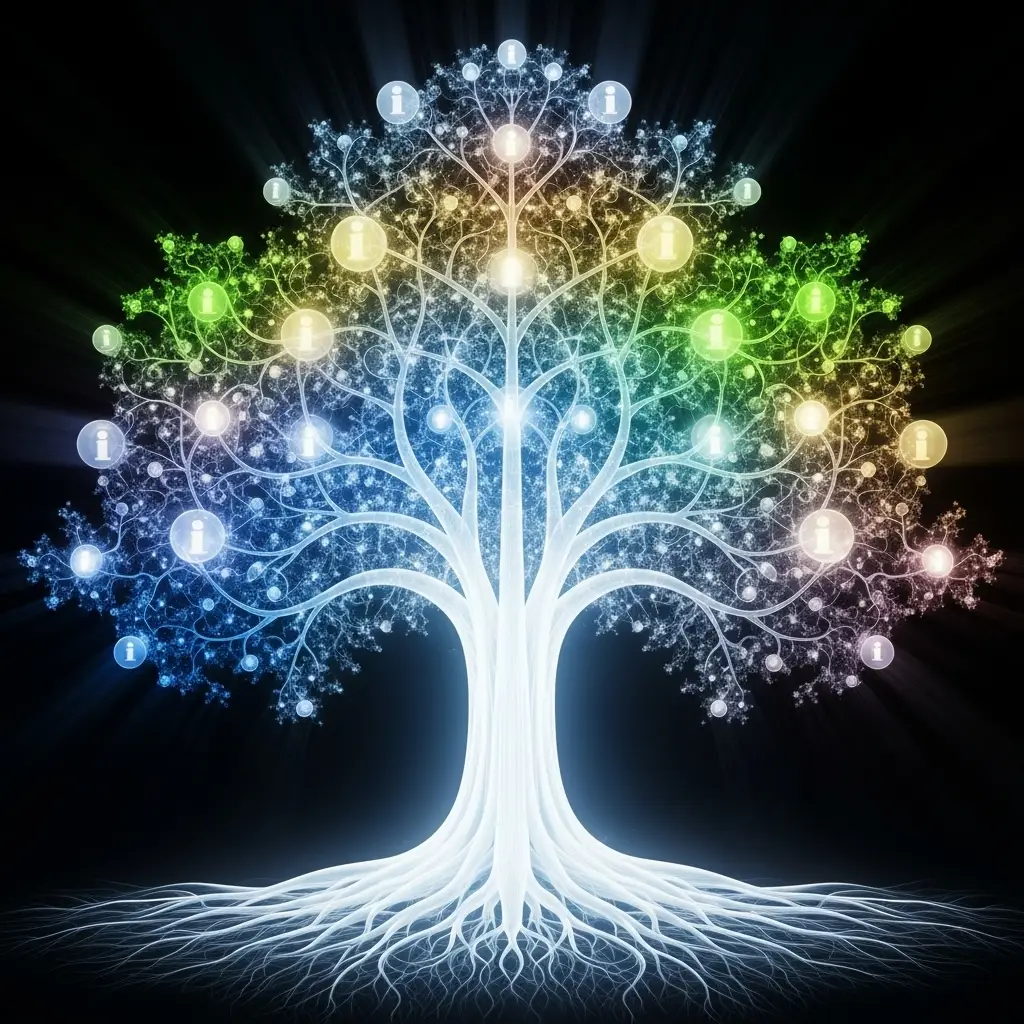
Suggest Books
The resources are categorized to guide you from foundational texts to modern interpretations and practical applications.
Foundational Texts & Core Philosophy
These are the primary sources. Reading different translations is highly recommended, as each offers a unique flavor and interpretation.
- The Complete Works of Chuang Tzu (Translated by Burton Watson)
- Why: This is the gold-standard, scholarly translation. It’s clear, accurate, and provides the complete text with all its rich parables and philosophical arguments. It’s the best place to start for an unadorned, authentic experience of Zhuangzi.
- Zhuangzi: The Essential Writings (Translated by Brook Ziporyn)
- Why: Ziporyn is a brilliant modern scholar who brings a deep philosophical and playful energy to the text. This translation is excellent for understanding more complex metaphysical concepts, such as non-duality and transformation.
- Tao Te Ching by Laozi (Translated by Stephen Mitchell or Ursula K. Le Guin)
- Why: The Tao Te Ching is the other foundational text of Taoism. It’s more concise and poetic than the Zhuangzi but provides the essential context for concepts like the Tao and Wu-Wei. Mitchell’s version is highly accessible and popular; Le Guin’s is a unique and insightful “rendition for our time.”
- The Book of Lieh-tzu (Translated by A.C. Graham)
- Why: Liezi is one of the three great classical Taoist philosophers. His work is filled with fables and stories that bridge the gap between the poetic Tao Te Ching and the expansive Zhuangzi, further illustrating concepts of flow, fate, and spontaneity.
Accessible Interpretations & Modern Commentaries
These books are excellent for making the ancient wisdom relevant to contemporary life.
- The Way of Chuang Tzu by Thomas Merton
- Why: A beautiful and profound interpretation by a renowned Catholic monk and mystic. Merton selected and reinterpreted his favorite passages from Zhuangzi, highlighting the universal spiritual truths that transcend cultural boundaries. A perfect entry point.
- Tao: The Watercourse Way by Alan Watts
- Why: Alan Watts was a master at explaining Eastern philosophy to a Western audience. This book is perhaps his clearest and most engaging exploration of Taoism, breaking down concepts like Wu-Wei and Ziran with wit and clarity.
- Trying Not to Try: The Art and Science of Spontaneity by Edward Slingerland
- Why: This book is a perfect companion to the article. Slingerland, a professor of Asian Studies, explores the concept of Wu-Wei through the lens of modern cognitive science and psychology. He explains why “effortless action” is so powerful and how ancient Chinese thought aligns with contemporary neuroscience.
Related Modern Books (Psychology, Mindfulness & Flow)
These books explore the same themes from a modern, secular, or scientific perspective.
- Flow: The Psychology of Optimal Experience by Mihaly Csikszentmihalyi
- Why: Csikszentmihalyi is the psychologist who coined the term “flow.” His research scientifically validates the state of being that Zhuangzi described poetically. This book explains the conditions for achieving deep, effortless immersion in an activity.
- The Power of Now: A Guide to Spiritual Enlightenment by Eckhart Tolle
- Why: While not explicitly Taoist, Tolle’s work is a modern gateway to many of the same core ideas: presence, acceptance of “what is,” and dis-identification from the egoic mind. It’s a very practical guide to the “centeredness” the article discusses.
- Wherever You Go, There You Are: Mindfulness Meditation in Everyday Life by Jon Kabat-Zinn
- Why: This is a foundational text on secular mindfulness. It provides simple, actionable exercises for cultivating the present-moment awareness that underlies Zhuangzi’s philosophy.
Online Resources
For ongoing learning and community engagement.
- Stanford Encyclopedia of Philosophy (SEP) – Online
- What: In-depth, academic articles on “Zhuangzi” and “Taoism.”
- Why: If you want a rigorous, no-cost deep dive into the philosophical arguments and historical context, the SEP is an unparalleled resource written by experts.
- YouTube – Alan Watts Lectures
- What: Thousands of hours of Alan Watts’ lectures have been archived and animated on YouTube.
- Why: Listening to Watts is often more impactful than reading him. His voice and cadence beautifully convey the fluid, playful spirit of Taoism. Search for “Alan Watts Taoism” or “Alan Watts Wu Wei.”
- YouTube Channel – Einzelgänger
- What: A channel that creates beautifully animated short videos explaining philosophical concepts.
- Why: They have several excellent videos on Zhuangzi, the Useless Tree, Wu-Wei, and Taoism that serve as fantastic visual and conceptual introductions.
- Podcast – Philosophize This!
- Podcast – What’s This Tao All About?
- What: A podcast that goes through the Tao Te Ching chapter by chapter, discussing its meaning and application in modern life.
- Why: It offers a practical, reflective way to integrate Taoist thought into your weekly routine.
SoBrief.com provides users with book summaries and related content.
Remember to explore these resources with an open mind and trust your intuition to find what resonates most deeply with your journey of rediscovery.
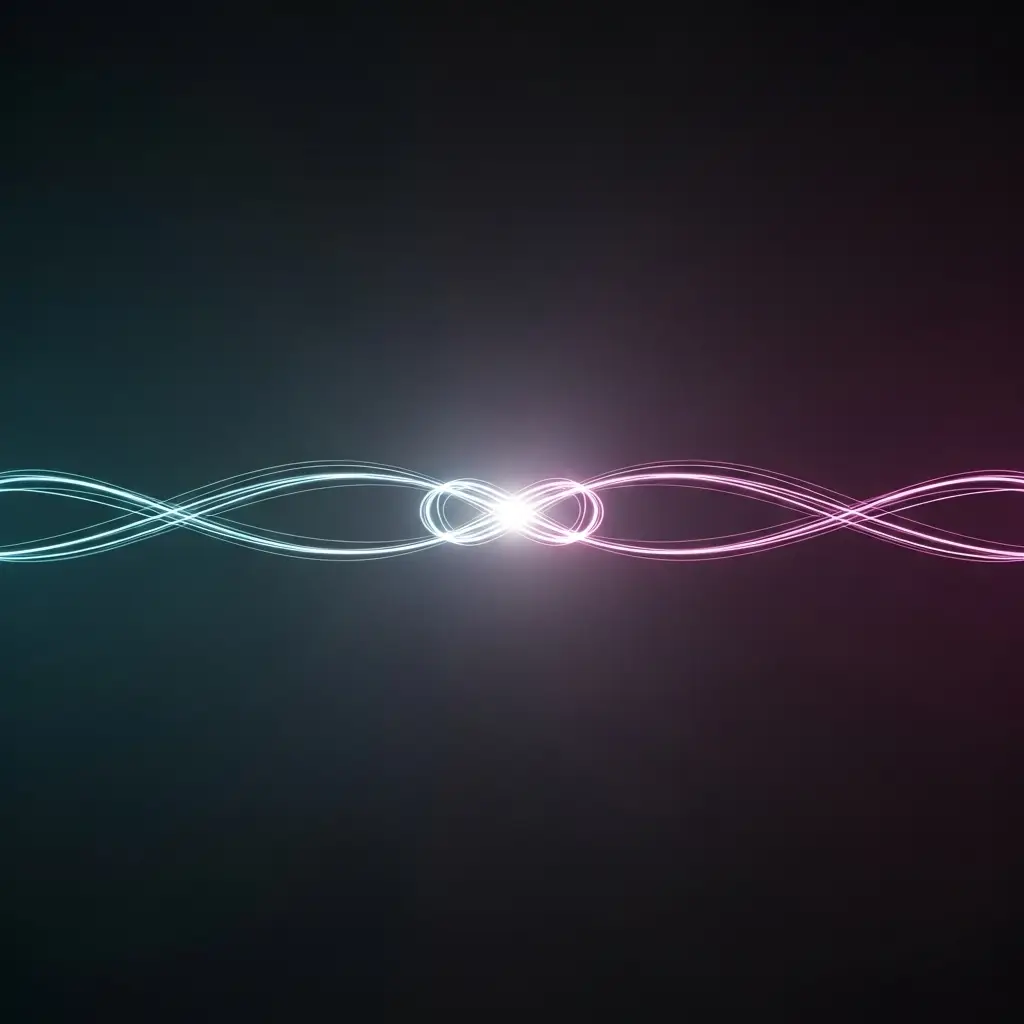
🔗 Affiliate Note: Some links on this page may be affiliate-based, allowing us to earn a small commission at no additional cost to you. Your support helps fuel this creative and healing mission—thank you!

Copyright ©️IZALGO, LLC All Rights Reserved
